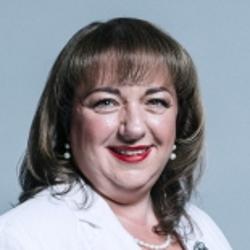Audiology: Children
(asked on 4th October 2024) - View SourceQuestion to the Department of Health and Social Care:
To ask the Secretary of State for Health and Social Care, what steps his Department is taking to (a) help the NHS and local health services can maximise investment in (i) new-born hearing screening, (ii) cochlear implants, (iii) hearing aids and (iv) other hearing technology and (b) use Auditory Verbal therapy to maximise such interventions.
National Health Service audiology services, including the provision of therapies for people with hearing loss, are locally commissioned, and the responsibility for meeting the needs of people with hearing loss lies with local NHS commissioners.
In July 2016, NHS England published Commissioning Services for People with Hearing Loss: A Framework for Clinical Commissioning Groups, which supports integrated care boards in making informed decisions about what is good value for the populations they serve and to assist in providing more consistent, high quality, integrated care. NHS England also published specific guidance on newborn hearing screening in 2016, Newborn hearing screening programme (NHSP) operational guidance, which supports healthcare professionals and stakeholders delivering and managing newborn hearing screening programmes in England.
We also expect commissioners to follow guidance from the National Institute for Health and Care Excellence (NICE). In 2018, the NICE issued the guidance, Hearing loss in adults: assessment and management, which aims to improve hearing loss services, including the provision of hearing aids.
Specialised ear surgery, such as cochlear implantation, is commissioned directly by NHS England as a specialised service. In NHS England’s specialised commissioning specification, Cochlear implantation services for adults and children, updated in May 2023, Auditory Verbal Therapists are recognised as part of multi-disciplinary teams able to provide rehabilitation services, alongside a range of other health professionals.

